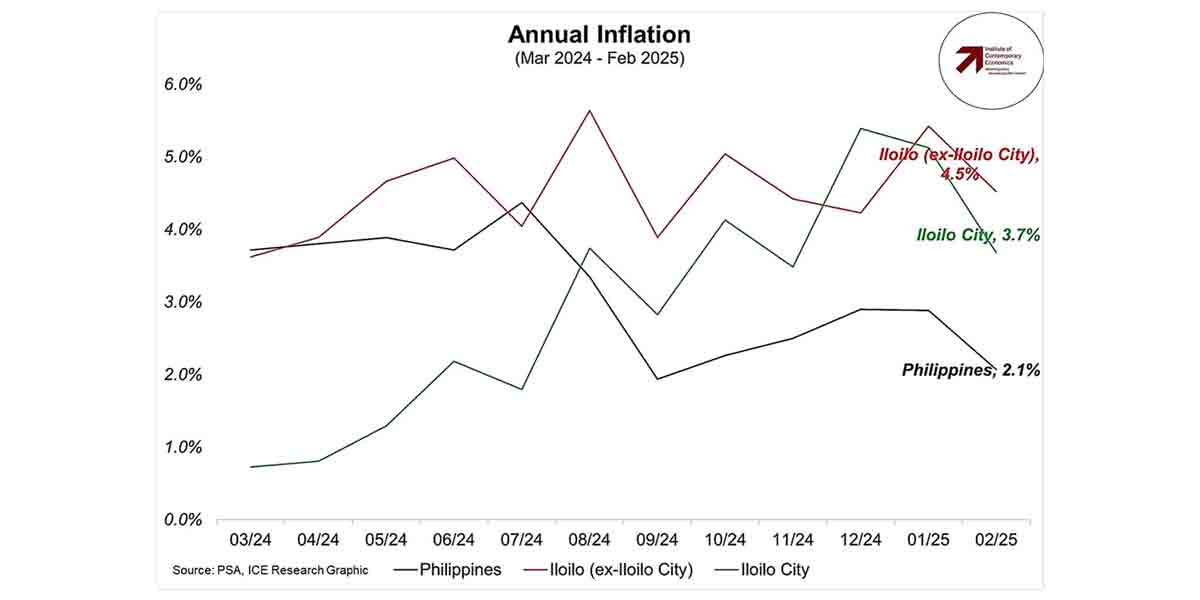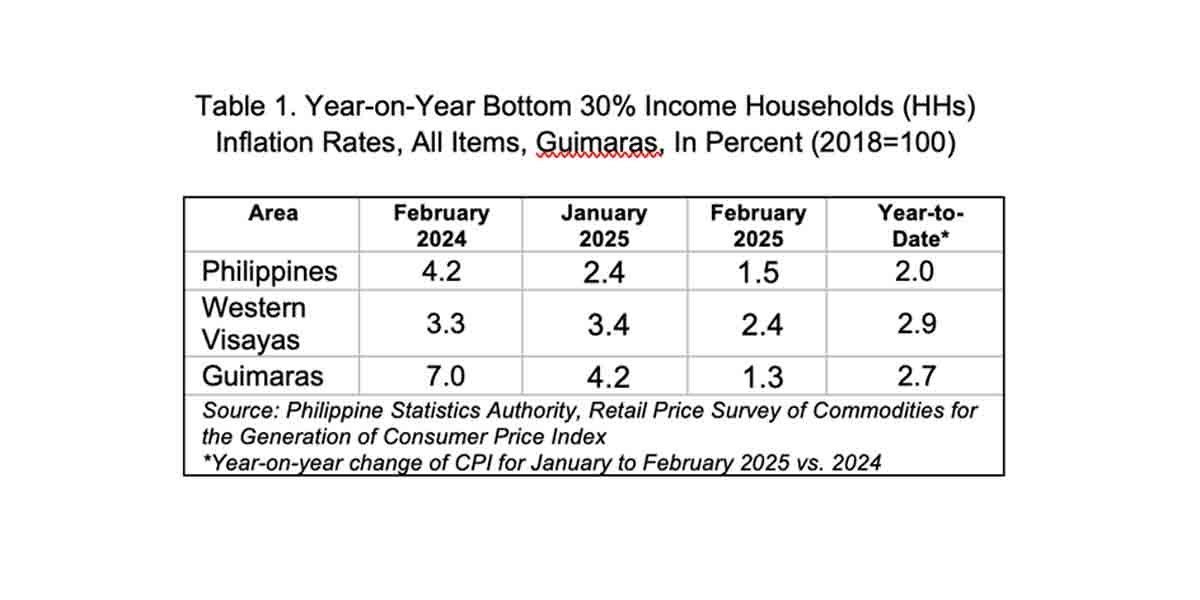 By Modesto P. Sa-onoy
By Modesto P. Sa-onoy
Bryan Cross once wrote in Called to Communion that appeared on July 5, 2010, a piece on the rising phenomenon in the United States called “ecclesial consumerism.” This is not new in the Philippines, but we have a different name for it – “cafeteria Catholicism”, although this trend is not limited to Catholics.
Let me quote Cross’ description of this journey in search of religious and emotional satiation.
“In our contemporary culture, church-shopping has become entirely normal and even expected. Not only when moving to a new location, but if a person has some falling out with a pastor or other individual or family in his church, or even if his church-experience starts seeming dull or dry, he visits and tries out other churches, determining which one best suits his preferences. He might consider the kind of community they offer — how welcomed and wanted they make him feel. He might consider the kind of child care and/or Sunday school they offer, the quality of the preaching and music, the driving distance, the ethnicity or degree of ethnic diversity, the average age and culture or tastes of their members, the opportunities available to contribute with his own talents and gifts, whether they have home groups that he could join, and what sort of moral and theological doctrines they hold, what their views are on various social issues, whether they share or at least do not disapprove his political and economic views, etc. He weighs all the various factors and tries to decide which church best matches what he (and his family) are looking for in a church. He might even make lists of all he is looking for in a church, and see which church comes closest to meeting all the criteria.”
This consumerist mentality arises from a lack of understanding and therefore the depth of one’s faith. For the Catholic faithful they are guided in their interpretation and appreciation of the Gospel and traditions by the Magisterium or teaching authority of the Church. The principle, “extra Ecclesiam nulla salus” (outside the Church there is no salvation) was laid down by the Fathers of the Church and had become the guide for the interpretation of matters of faith and morals. It is either you are in or outside the Church where salvation resides.
Some clergymen of the 16th century rejected the principle that leaves the interpretation of the faith to the Magesterium. Thus called, “Protestant” the revolt was started by Martin Luther who advocated the belief and established “forms of Christianity in which the individual retains ultimate interpretive authority, and so is de facto his own ecclesial and spiritual center of gravity. In this paradigm what counts as a church for him must conform sufficiently to his interpretation.” A person makes the final interpretation and choice.
Thus, a Protestant is his own interpreter of what his faith is and should be. As there are billions of individuals, so there are billions of minds free to interpret the gospel to suit their mindset or personal feelings and interests. Disunity and division became the hallmark of Protestantism. Today there are about 40,000 different churches claiming to be Christians.
The consumerist mentality is also clear among the people who claim to be Catholics. They go to Mass of their favorite priest and not to others. They consider the persona of the priest and not the liturgy. The list of why they do not like this or that priest are many but they mostly boil down to lack of understanding that regardless of the personality of the priest, the sacraments they administer remain effective as much as it was administered by the Pope.
Of course, we have preferences, but it is a mistake to avoid the sacrament when there is only one priest available simply because we do not like him.
The Council of Trent (1563) laid down the principle known as “ex opere operato” which means “from the work performed.” It states “that grace is always conferred by a sacrament, in virtue of the rite performed and not as a mere sign that grace has already been given, or that the sacrament stimulates the faith of the recipient and thus occasions the obtaining of grace, or that what determines the grace is the virtue of either the minister or recipient of a sacrament.”
God confers the grace, not the priest.
















